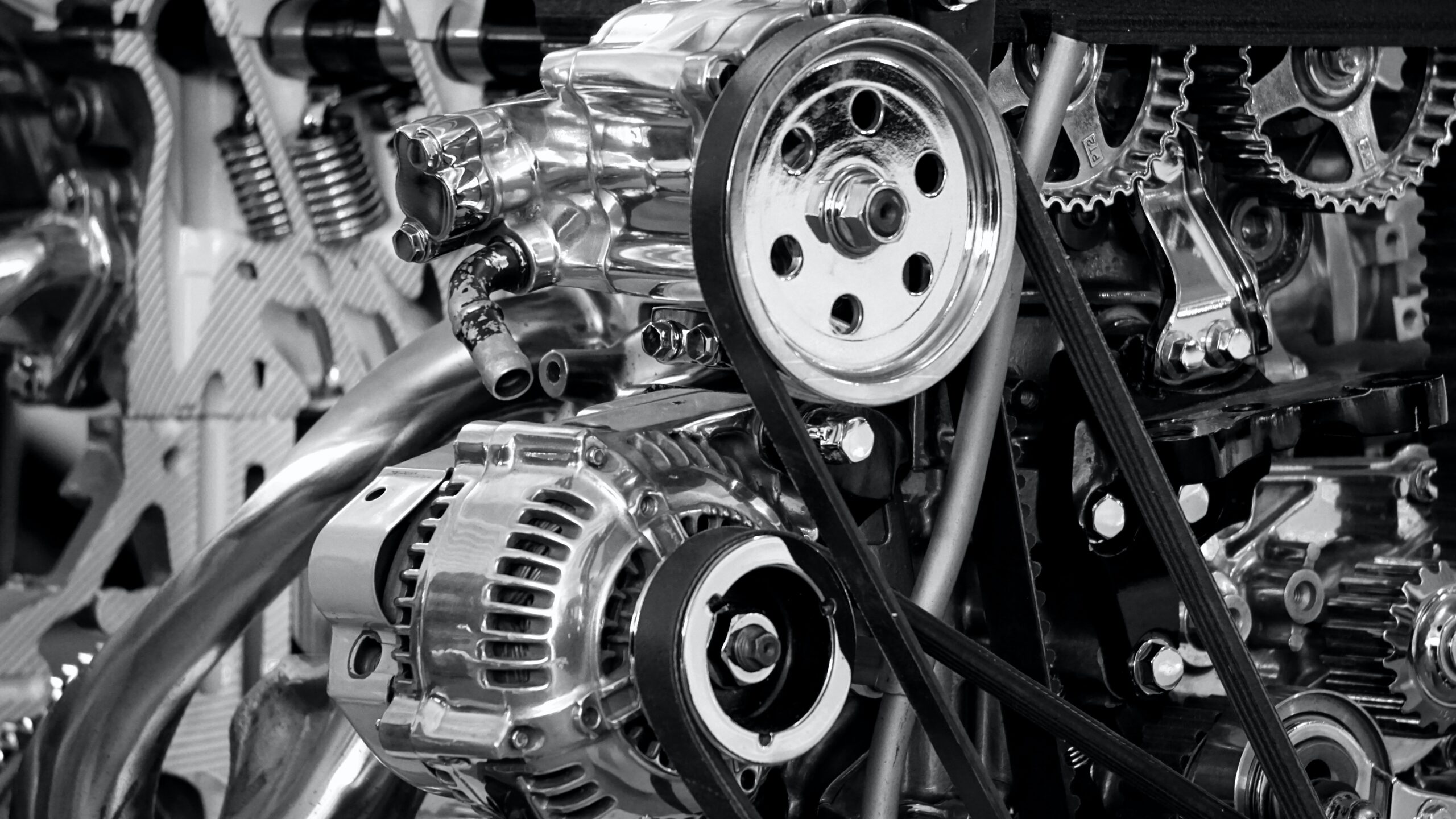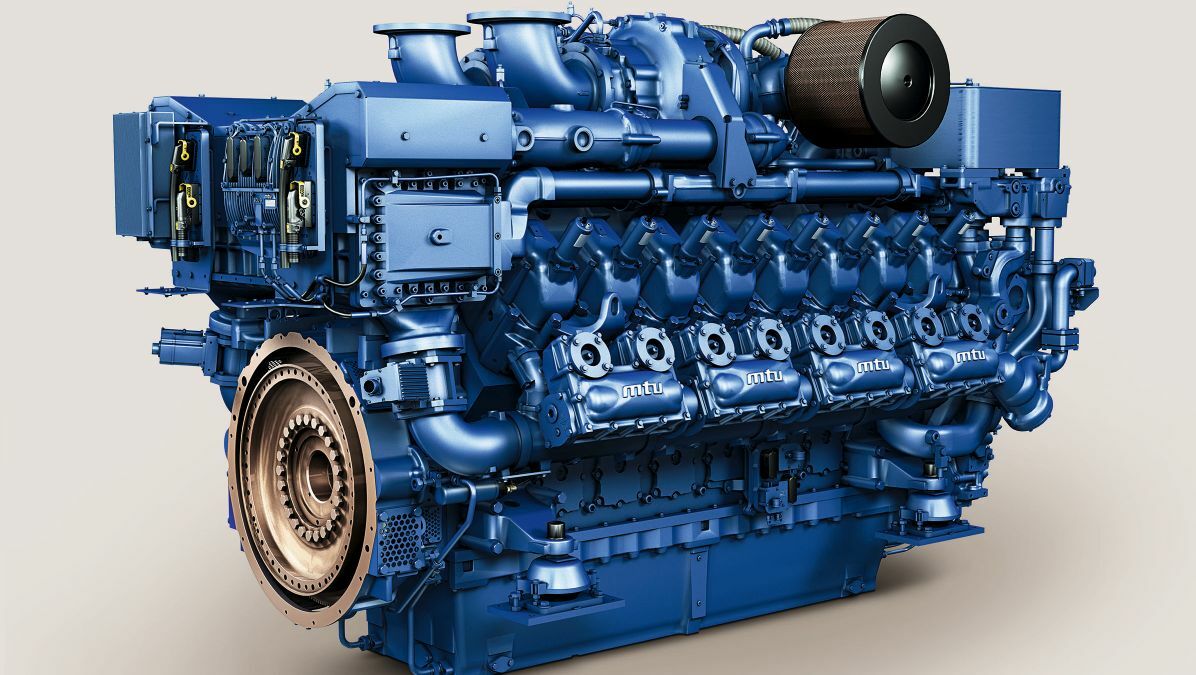Discover a Vast Array of Engines for each Lorry and Purpose
The auto landscape is progressively complex, with a diverse variety of engine kinds developed to satisfy details efficiency and efficiency demands across different automobile groups. In addition, heavy-duty engines serve the needs of work lorries, while environment-friendly options are gaining traction in the pursuit of lasting transport.
Sorts Of Automotive Engines
Automotive engines can be categorized into several distinct kinds, each designed to fulfill details efficiency and effectiveness needs. The most typical categories consist of interior combustion engines, electric engines, and crossbreed systems.

Electric engines, on the other hand, operate electrical power kept in batteries, giving instant torque and zero discharges. These engines are coming to be significantly popular as a result of improvements in battery innovation and the growing focus on sustainability.
Hybrid systems combine both inner combustion and electrical engines, making it possible for vehicles to maximize fuel effectiveness and decrease emissions by flawlessly changing in between source of power. Each engine type provides its benefits and downsides, influencing aspects such as automobile design, meant usage, and market demand. When picking the ideal engine for their particular requirements., comprehending these distinctions is crucial for manufacturers and customers alike.
Performance Engines for Sports Cars
Performance engines for sporting activities cars are especially engineered to supply boosted dexterity, speed, and power, establishing them aside from common auto engines. These engines typically make use of advanced modern technologies such as turbocharging, supercharging, and variable valve timing to take full advantage of performance and responsiveness.
Generally, efficiency engines are made with greater compression proportions, which enable higher power removal from fuel. This leads to remarkable horsepower and torque figures, making it possible for fast acceleration and higher leading rates. Moreover, the light-weight materials used in these engines, such as light weight aluminum and carbon fiber, add to minimized overall car weight, boosting handling and ability to move.
Engine arrangements like V6, V8, and also hybrid systems are typical in performance cars, each offering one-of-a-kind advantages in terms of power shipment and driving characteristics. The tuning of these engines is additionally essential; many producers optimize the engine management systems to give a thrilling driving experience, often consisting of sporting activity settings that change throttle response and equipment changes.
Efficient Engines for Daily Commuters
In the world of daily commuting, efficient engines play an important duty in enhancing fuel economic situation and decreasing discharges while giving dependable efficiency. As city populations expand and ecological problems escalate, the demand for lorries outfitted with effective powertrains has surged.
Modern engines created for day-to-day travelers usually integrate innovations such as turbocharging, direct fuel shot, and hybrid systems. Turbocharging improves engine effectiveness forcibly more air into the combustion chamber, allowing for smaller, lighter engines that do not endanger power result. Direct gas shot improves gas atomization, bring about better combustion and increased performance.
Crossbreed engines, integrating interior combustion with electric power, additional boost gas economic climate, specifically in stop-and-go website go traffic, where typical engines can deal with ineffectiveness. Electric motors help during acceleration and can operate independently at reduced rates, reducing overall gas consumption.
Furthermore, improvements in engine management systems and lightweight materials add dramatically to effective engine layout. By concentrating on performance, toughness, and ecological sustainability, producers remain to supply engines that not just fulfill the demands of everyday commuting yet likewise align with global initiatives to decrease carbon impacts.
Heavy-Duty Engines for Job Automobiles
Durable engines for job automobiles are routinely engineered to deliver outstanding torque and dependability under requiring conditions. These engines are designed to perform in atmospheres where traditional engines might fail, such as building websites, logging procedures, and agricultural setups. The primary focus of durable engines is their ability to produce high levels of power while maintaining resilience over expanded periods of procedure.
Typically, durable engines utilize advanced products and robust building techniques to endure the rigors of hefty workloads. Attributes such as strengthened cyndrical tube blocks, boosted air conditioning systems, and advanced gas shot innovations add to their performance. These engines often operate at reduced RPMs, which helps to enhance fuel performance while providing the required power for hauling and lugging.
Along with mechanical effectiveness, durable engines are commonly equipped with innovative electronic control units (ECUs) that take care of performance, discharges, and diagnostics. This combination enables far better monitoring and upkeep, guaranteeing that job vehicles continue to be reliable and functional.
Ultimately, sturdy engines are a necessary part in the productivity of numerous markets, supplying the essential power and dependability to take on the toughest of tasks.
Eco-Friendly Engine Options
The growing emphasis on sustainability has actually caused the advancement of environmentally friendly engine choices that focus on minimized exhausts and enhanced fuel effectiveness. These engines are made to reduce the environmental effect of vehicles while still providing the performance and dependability anticipated by customers.
Amongst the most significant eco-friendly choices are hybrid Go Here and electrical engines. Crossbreed engines integrate traditional internal burning engines with electric propulsion, permitting minimized fuel usage and lower greenhouse gas discharges. Electric engines, on the various other hand, operate completely on battery power, generating zero tailpipe exhausts and adding to cleaner air quality.
One more promising growth is the advancement of biofuel engines, which use sustainable resources, such as plant products, to power automobiles (Engines For Africa). By utilizing biofuels, these engines can decrease dependency on nonrenewable fuel sources and lower total carbon impacts

As the automotive industry advances, green engine choices will play a crucial function in driving the shift in the direction of even more sustainable transportation services.
Verdict
The automobile industry offers a varied variety of engines designed to satisfy different lorry requirements and purposes. From high-performance engines that improve sports vehicle capabilities to reliable versions prioritizing gas economic situation for day-to-day travelers, each kind offers a details function. Heavy-duty engines provide to durable work lorries, while eco-friendly options, such as electric and biofuel engines, promote lasting transport. This detailed array ensures that all driving needs are dealt with, contributing to improvements in automobile innovation and ecological stewardship.
